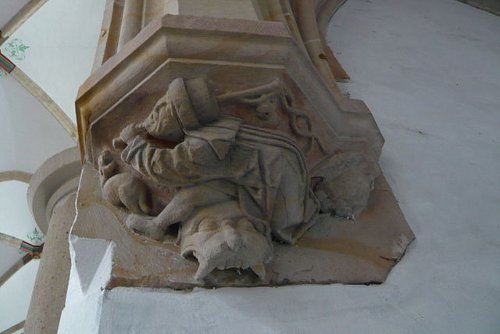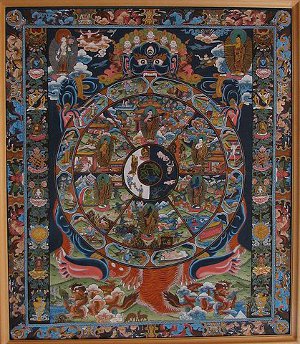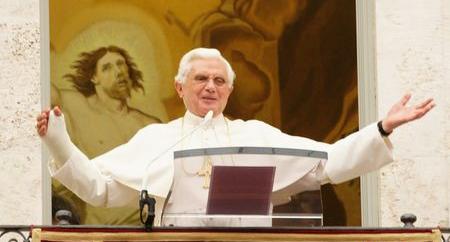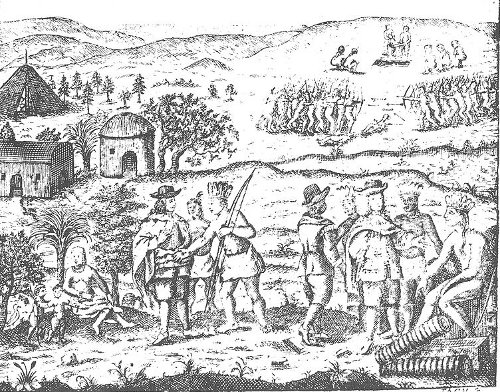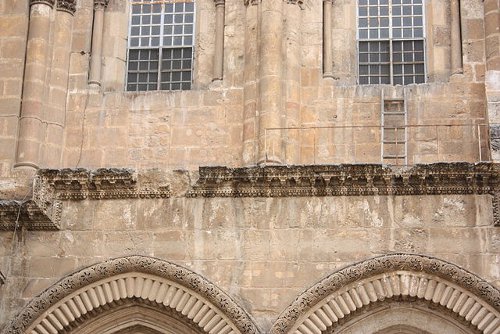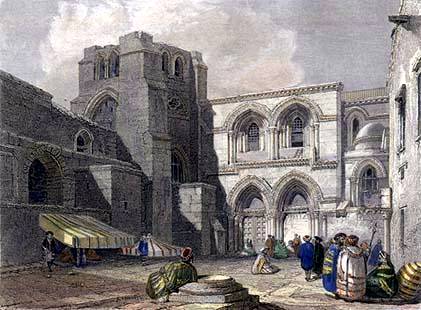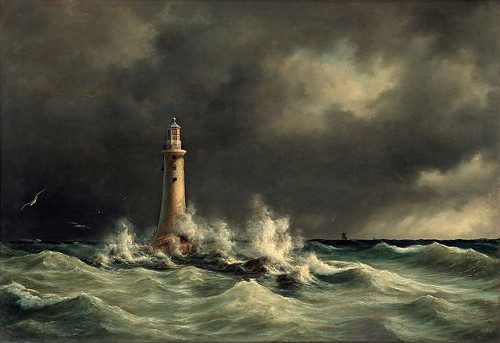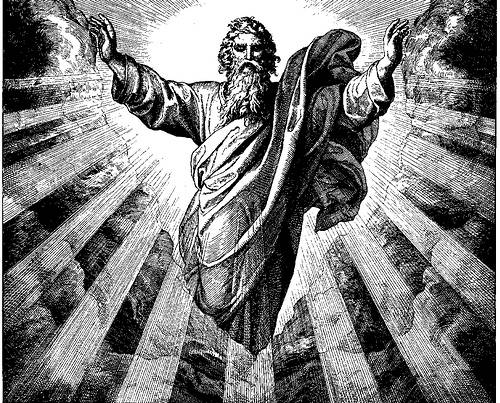
Given his necessary perfections, if there is a best world for God to create then it appears he would have no choice other than to create it. For, as Leibniz tells us, ‘to do less good than one could is to be lacking in wisdom or in goodness.’ Since it is strictly impossible for God to be lacking in wisdom or goodness, his inability to do otherwise than create the best possible world is no limitation on his power. But if God could not do otherwise than create the best world, he created the world out of necessity, and not freely. And, if that is so, it may be argued that we have no reason to be thankful to God for creating us, since, being parts of the best possible world, God was simply unable to do anything other than create us. … [Leibniz’s reasoning] cannot avoid the conclusion that God is not sufficiently free in creating, and is therefore not a fit subject of gratitude or moral praise for creating the best.
— William L. Rowe, Can God be Free?, 2006

